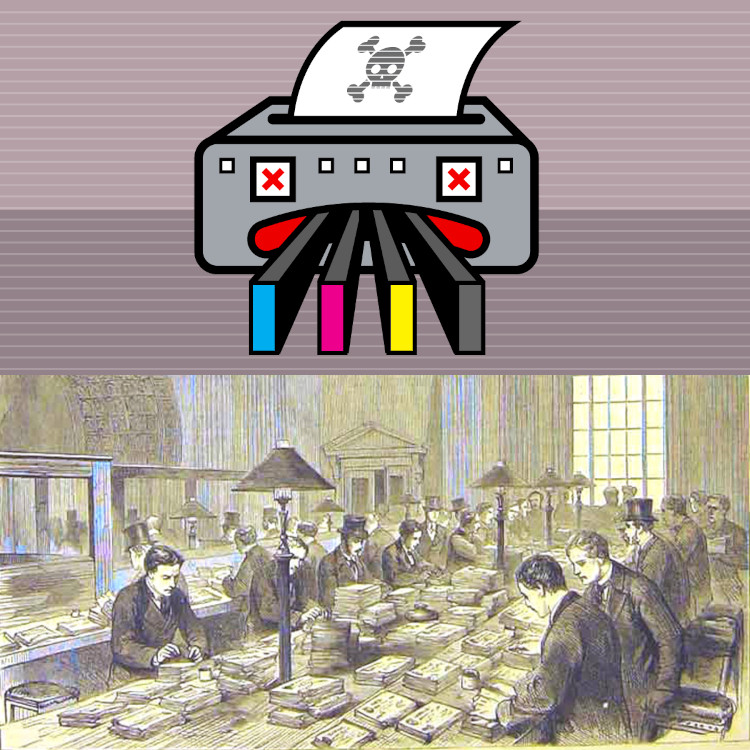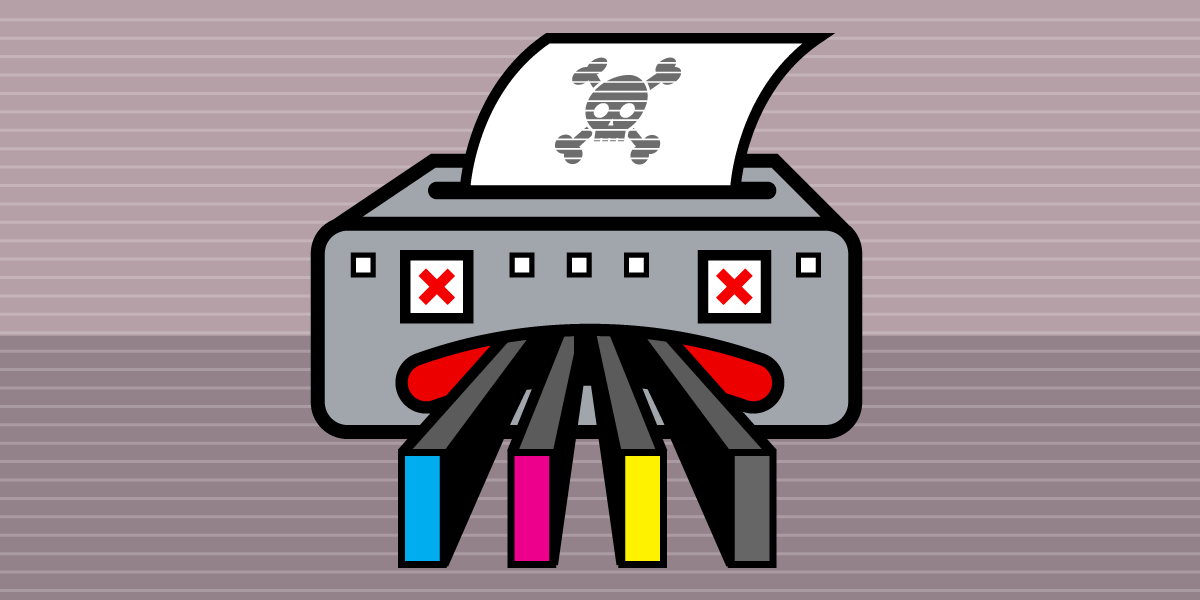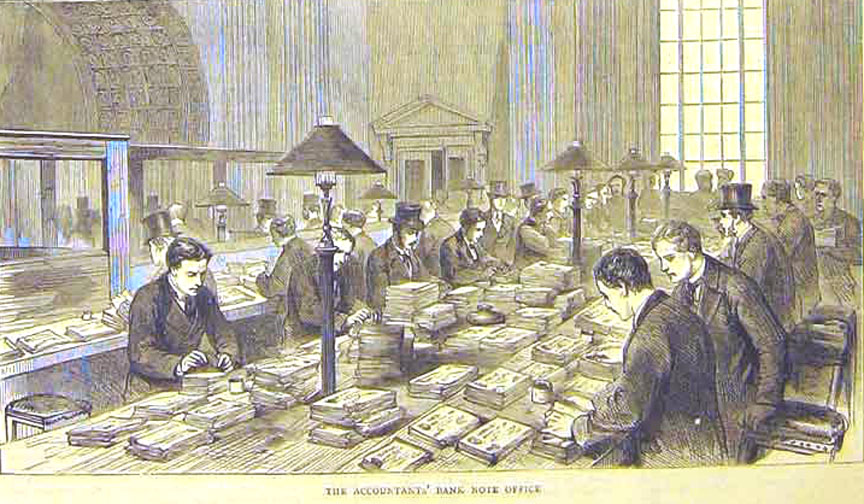
The idea of "centaurs" comes from automation theorists: it describes a system where a human and a machine collaborate to do more than either one could do on their own. The world's best chess players are centaurs: grand masters paired with software:
huffpost.com/entry/centaur-…
1/
huffpost.com/entry/centaur-…
1/

While centaurs hold out enormous promise for extending human capabilities and making our lives better, they have a dark corollary: the reverse centaur. That's a system where the machine uses the human for support, not the other way around.
2/
2/
Amazon's Mechanical Turk is an example of this: a "cloud" of low-waged, precarious pieceworkers that you can tap on demand to do cognitive work that software can't do, mediated through an automation layer that makes the human dimension of the labor invisible.
3/
3/
Writing in the @ft, @sarahoconnor_ (no, seriously) describes how she came to reverse her once-optimistic position on automation, after the brutal conditions of warehouses were made worse by reverse centaur automation.
ft.com/content/087fce…
4/
ft.com/content/087fce…
4/
Warehouse robots can carry heavy loads and roll over endless miles without complaint. These are two of the most physically punishing elements of a human warehouse worker's job, so you'd think that the introduction of these robots would make workers' lives better.
5/
5/
But that's not how it plays out. There's one task warehouse robots are really bad at: picking ("I struggle to find the robot that [can] handle a bag of plaster of Paris, a bit for a jackhammer, a galvanised steel garbage can, a saw blade, and a 5-gallon bucket of paint").
6/
6/
Warehouse automation has transformed warehouse workers into adjuncts for robots, not the other way around. The robots set the pace, literally: "The average worker picks roughly 100 items per hour if walking around, but more than 300 items an hour in the automated system."
7/
7/
This pace is set by the robot, and the repetitive, high intensity standing, bending and reaching labor has caused injury rates to increase every year in proportion to the degree of automation in Amazon warehouses:
revealnews.org/article/how-am…
8/
revealnews.org/article/how-am…
8/
O'Connor finishes her piece by noting: "Dehumanisation and intensification of work is not inevitable...In other words, we must make sure the robots work for us, and not the other way around."
This is extremely well said, and absolutely crucial.
9/
This is extremely well said, and absolutely crucial.
9/
The problem here isn't automation, it's power. The workers whom the robots could benefit are instead harnessed to the robot to the benefit of the shareholders.
10/
10/
Workplace democracy, AKA unionization, AKA the thing Amazon has pulled out every dirty trick to prevent, is the difference between centaur utopia and reverse-centaur dystopia.
pluralistic.net/2021/02/05/la-…
11/
pluralistic.net/2021/02/05/la-…
11/
Emmanuel Kant's "Formula of Humanity" told us that "treating people as means" was a violation of the supreme principal of morality - humans should be served automation, not harnessed to it.
plato.stanford.edu/entries/person…
12/
plato.stanford.edu/entries/person…
12/
The important thing about technology isn't merely what it does, but who it does it TO, and who it does it FOR.
Cryteria (modified)
commons.wikimedia.org/wiki/File:HAL9…
CC BY:
creativecommons.org/licenses/by/3.…
eof/
Cryteria (modified)
commons.wikimedia.org/wiki/File:HAL9…
CC BY:
creativecommons.org/licenses/by/3.…
eof/
• • •
Missing some Tweet in this thread? You can try to
force a refresh










